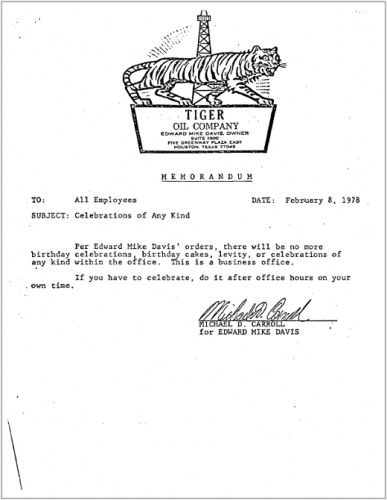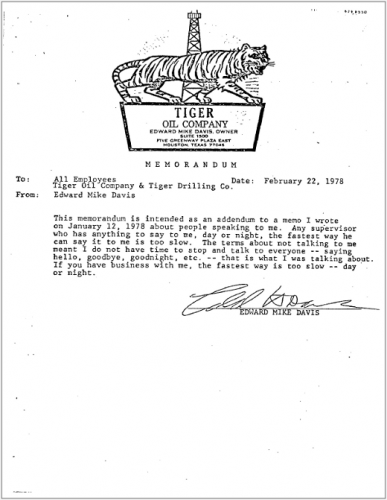Thanks to Tom Kirkendall for the link to my light rail post. For quite a while, he has been "railing" against Houston's light rail proposals (where I was born and raised). By the way, he is right that Phoenix is even less amenable to a rail-based system than Houston. Houston has low population density and its downtown area is small compared to metro-friendly cities like New York, making rail an iffy proposition. But Phoenix is even less dense and its downtown is tiny compared even to Houston.
A previous post of Tom's also gives me data to feel even more confident about my proposed bet, which was this:
If we take the entire cost of the system's construction, plus its
annual operating losses/subsides, I will bet that we could have bought
every regular rider of the rail system a nice car instead and gas for
life cheaper than the cost of the rail system.
Obviously we don't have Phoenix numbers yet, but he links an LA Times story with Los Angeles numbers:
Three light-rail lines have been added to L.A. county's transit system
in the last 20 years. Together, these cost $2.5 billion in capital
costs, they serve about 125,000 passengers per day and account for a
fiscal loss of approximately $252 million per year -- if one
acknowledges that capital costs are real, something that transit
operators and boosters often neglect.
Note that LA's system is actually a more desirable system from a rider standpoint than the one in Phoenix, since in some areas the trains avoid traffic lights, making them closer to heavy rail, and thus have a faster speed. So lets run my bet against LA's numbers. We don't really know what the core ridership numbers are. Certainly its less than the 125,000. And we don't know if an out in the morning and back at night commute counts in these numbers as one passenger or two (From here, it looks like 125,000 passengers making 2 trips each).
If the core ridership number is 125,000, the highest possible choice, then the total capital cost of the system per rider is $20,000 per rider. This means I was right, that we could have instead bought ever rider a car for the same money. Since the real ridership is probably less than that number, this means we could have bought ever rider a car and had money left over. Concerned about the environment? Then make every car a Prius, which the money would just about cover even without the volume purchasing discount they would likely get.
But what about gas? Well, they say they have a $252 million per year operating loss. This subsidy, which is above and beyond ticket sales, equates to $2,106 (!) per daily rider, even using the higher 125,000 figure. At $2.50 per gallon, this equates to 15.5 gallons of gas per rider per week.
So you can see with the LA numbers, even using the largest possible interpretation of their ridership numbers, the money used for the train could have instead bought every passenger a new car and filled the tank up with gas once a week for life.
Yes, I know, the argument is that the train reduces congestion. Supposedly. I have two responses:
- Rail has never reduced congestion in any city. Go see London and Manhattan. In fact, rail seems to encourage urban density that increases congestion.
- In Phoenix, where rail will often replace existing lanes of roads, the train will likely carry fewer people than the lanes of traffic used to, so congestion will increase.

